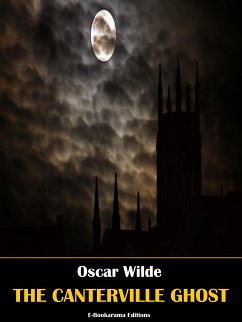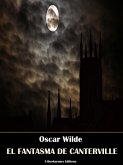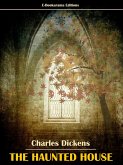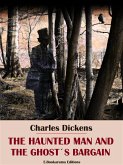"The Canterville Ghost" begins with the sale of an old British mansion called Canterville Chase to Horace B. Otis, an American minister. Though the former owner, Lord Canterville, warns Mr. Otis that the mansion is haunted, Mr. Otis is not worried and replies that ghosts do not exist... "The Canterville Ghost" is a comical story that highlights the differences in British and American cultures during the nineteenth century. Oscar Wilde uses the story to critique both cultures. More telling, given the story's ending and that the events are closely placed within the historical context of conflicting views and several wars, the overall theme of forgiveness reads surprisingly fresh, even in today's time. Ironically, Wilde's story was received in his day with little fanfare. Though he began its publication serially in 1887, it would not be until Wilde's now-famous novel "The Picture of Dorian Gray" was published in 1891 that Wilde would begin his long-lasting critical acclaim as a notable writer and thinker.
Dieser Download kann aus rechtlichen Gründen nur mit Rechnungsadresse in A, B, BG, CY, CZ, D, DK, EW, E, FIN, F, GR, HR, H, IRL, I, LT, L, LR, M, NL, PL, P, R, S, SLO, SK ausgeliefert werden.









